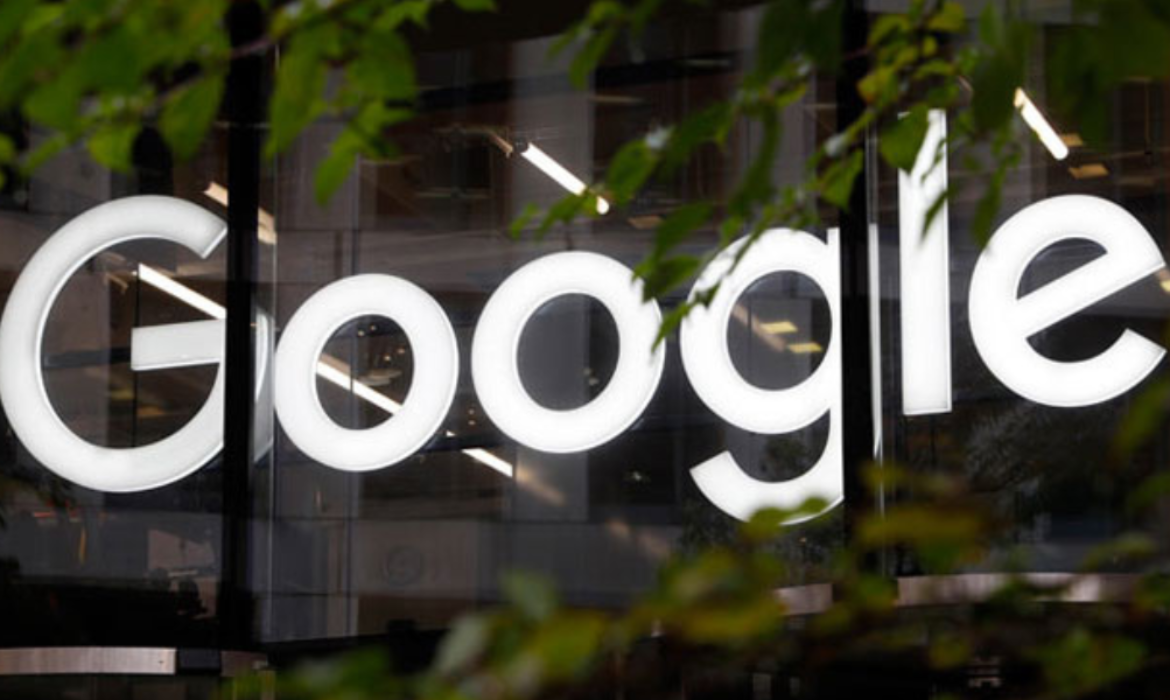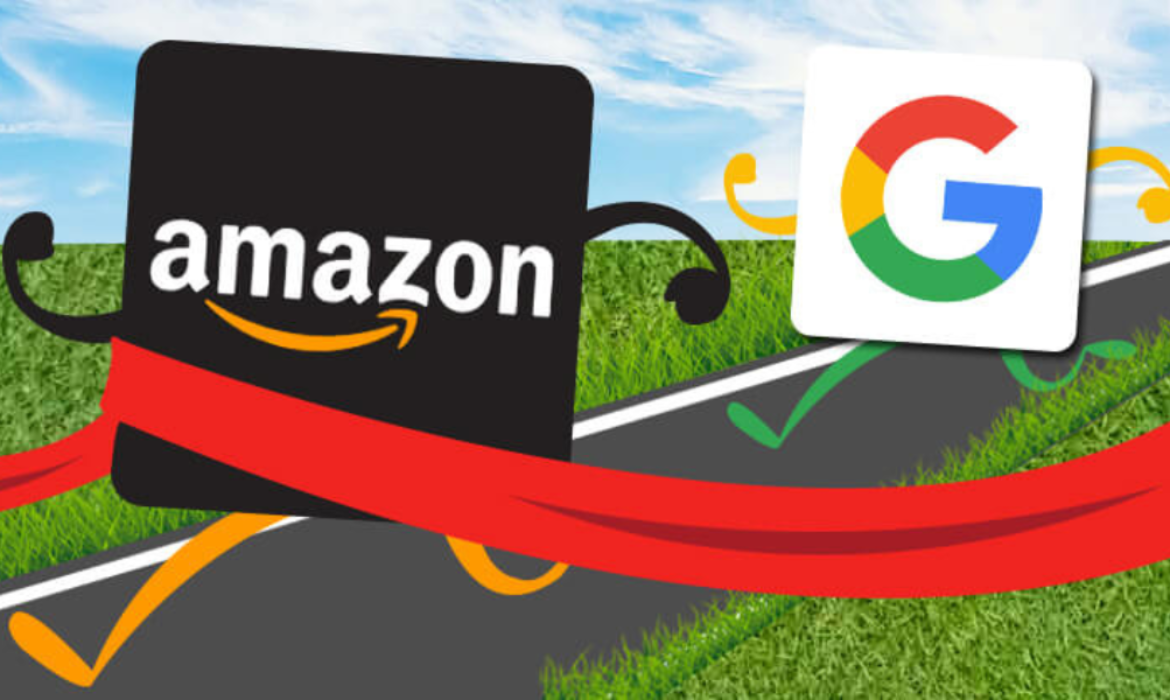Relief To Advertisers As Google Postpones The Elimination Of Third-Party Cookies Till 2023.
The news has given some time to the advertisers to look for options. Google has decided to continue using third-party cookies in its browser till 2023. That is an extension of two years.
Earlier, Google did set this deadline for January 2022. It has now extended to late 2023. An announcement was made by Google regarding this today!
There are several reasons why Google decided to do so. Let’s have a look at them in detail:
The United Kingdom was building pressure on Google
For a year, it is chaos, and advertisers were clueless about their operations without the third-party cookies. However, the speculations are that Google decided under building pressure from the UK government.
Google was under continuous monitoring by the European Commission, and it failed to provide any clear perspective on its Privacy Sandbox. Google is facing several antitrust lawsuits, and according to the CMA, the discontinuation of third-party cookies and the creation of the Privacy sandbox will centralize power at Google.
CMA took this quite seriously, and to please the committee, Google has agreed with a long list of commitments to CMA. According to Google commitments, the company will restrict giving priority to its system. Also, it will not use “sensitive information provided by an ad tech provider or publisher to Chrome in a way that distorts competition.
To prove the point, Google stated that “Subject to our engagement with the United Kingdom’s Competition and Markets Authority (CMA) and in line with the commitments we have offered, Chrome could then phase out third-party cookies over three months, starting in mid-2023 and ending in late 2023.”
Federal Learning Of Cohorts(FLoC)
Google will continue testing FLoC and Privacy Sandbox. The trials for FLoc will continue and concluded by 13th July. Currently, only limited supply-side publishers and ad-management firms related to them will be able to FLoC during the trial phase. Once the tests complete, Google will share the results. These results will help in the improvements and can be applied to the existing system, and other agencies and advertisers can conduct the ability tests for demand-side platforms and ad-targeting.
It is not surprising that Google has paused the FLoC trials. The advocates of privacy are raising their voices about the foul play and violation of privacy due to the enabling of new tracking techniques. However, several browsers declined to enable these techniques of data tracking.
Google received a setback after the eCommerce giant Amazon, which has also declared that they will not be enabling the FLoC tracking techniques.
Demand for higher transparency
The delay in the release of FLoC and the dismissal of third-party cookies is causing frustration in the industry. According to an executive, “I wish they would just do it. Stop justn — excuse me — dicking around the whole industry. Let everybody get to a new normal. It’s hard to strategically plan this way,” said one publishing executive.
However, the delay in the dismissal of third-party cookies can be a step to make things more transparent as Google does not want to bear more criticism and lawsuits from the authority.
Google has already committed to CMA that they will be disclosing the exact time for the proposals for Privacy Sandbox publicly. It will also release the API and inform about the transition period for the discontinuation of third-party cookies.
Google has also promised the CMA that they would assess all alternatives for individuals and the aftermath of the discontinuation of third-party cookies. Google also stated that these steps will be taken before providing a 60-day countdown for the discontinuation of the third-party cookies. During this period if found any discrepancies, CMA can reopen the investigation and can impose additional measures to avoid any harm to the competition.
According to Google promise, they will “engage with the CMA in an open, constructive and continuous dialogue in relation to the development and implementation of the Privacy Sandbox proposals.”
Amazon Is Creating Ripples In The Digital Market With The Announcement Of Its Identifier.
Discarding the third-party cookie by Google is the hot topic of discussion in the technology market. By this move, Google is trying to benefit its publisher services and DSP. However, this has created a void in the market, and Amazon is all set to fill this void.
To make sure that the void is sealed the eCommerce giant is meeting various leading companies to discuss and plan techniques that will help them track the customer journey over the internet using Amazon’s advertising ecosystem. It has been found that three prominent companies are already in discussion with Amazon regarding this. Therefore, one can soon expect to have an identifier by Amazon. However, the timeline has not yet been shared by the tech giant.
There are several open identifiers available in the market like Live Ramp and Trade Desk. However, Google has made it clear that they will not be supported any longer. On the other hand, the new identifier launched by Amazon will be limited to its ecosystem. It could be a concern for many advertisers. However, they must understand that it is time to choose a side and decide which boat they will be sailing.
“They are thinking about it more in terms of Google’s ‘ppid,’ where it’s siloed to a particular network of O&O sites,”. “It would be more as a means to inform their DSP of frequency and attribution while maintaining an identity silo.” The statement was released by one of the companies which is in talks with Amazon regarding its new identifier.
Even though the date for the launch of the identifier is yet not released, it has created a wave of commotion in the advertising industry. It is reported that Amazon is working vigorously to make things possible. However, its priority is to make the security non-penetrable. When compared to Google, Amazon is a small fish in the advertising industry. Therefore, such a bold step was not expected by Amazon as there is so much to invest before Amazon can eat the fruits of success. According to a spokesperson the identifier will be operative following Amazon’s opt-out policies, privacy notice and interest-based ads.
However, it is a speculation that once things are in motion, it can turn the tables around and end the monopoly of Google in the field of advertising. It is not just a speculation, but after monitoring last year results of a survey conducted by the Advertisers Perception, it was found that Amazon’s DSP ranked first among other DSP’s.
It will not only help Amazon to set a firm foot in the field of digital advertising but will also help in boosting its APS business.
APS was always going to be a differentiator for them, An identifier’s kind of a door opening to push this more,”
#MightyHive, commerce practice director, Nicholas Seo.
As stated above, the identifier can create a new era where advertisers have to choose or invest more money in their advertising strategy.
According to a source of the company, in talks with Amazon about its new identifier stated:
“I do wonder if the buy-side is ultimately just going to have to settle for a set of further fragmented buys than what they do today”.
However, there are no executives available who can give a clear perspective of this new identifier and answer the queries of an individual. Yet it has been said that the identifier will be only available to those who will fulfil the requirements of Amazon.
Google is yet to work on the fundamentals of Publishers Provided ID, and it is in an experimental stage. It is important to note that PPI has played a crucial role in deals made in the private marketplace.
However, the ability of Amazon to map the transactions has given him a better hand with a stronger DSP. It is sure going to give Amazon an upper hand.
“As advertisers look to navigate the future, they are going to continue to look to partners in the near term who can do 1-to-1, both targeting and measurement, the measurement front, the partners that have that closed-loop look are going to become increasingly important”.
#Lauren Fisher, Advertiser Perceptions, EVP of business intelligence at the research firm.



